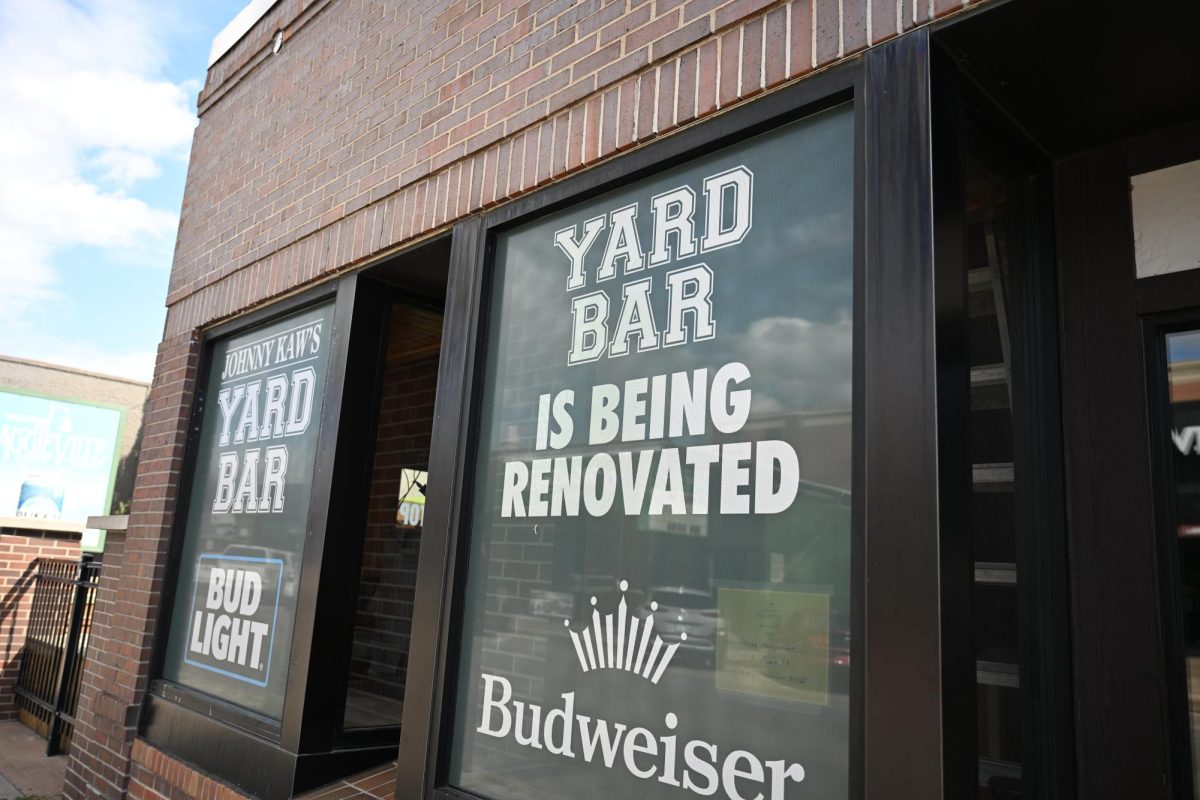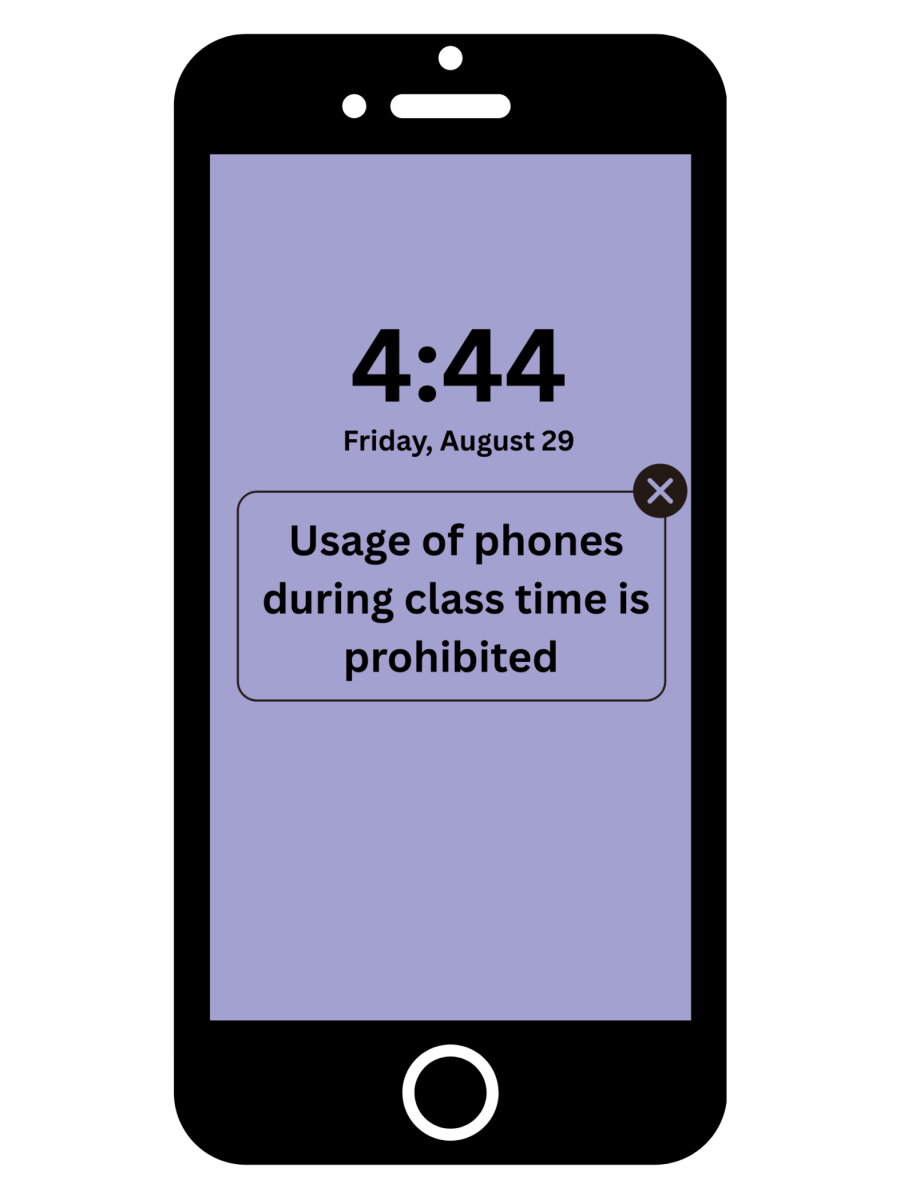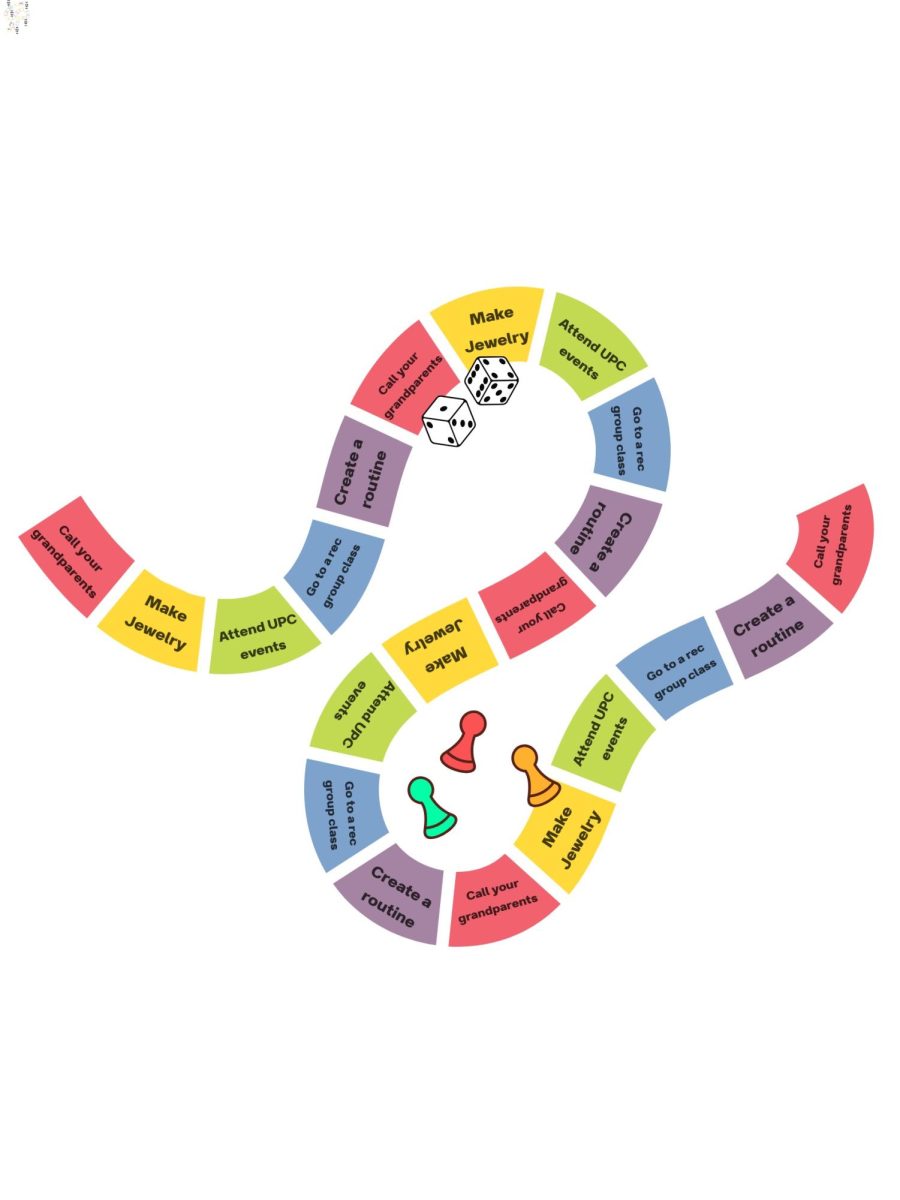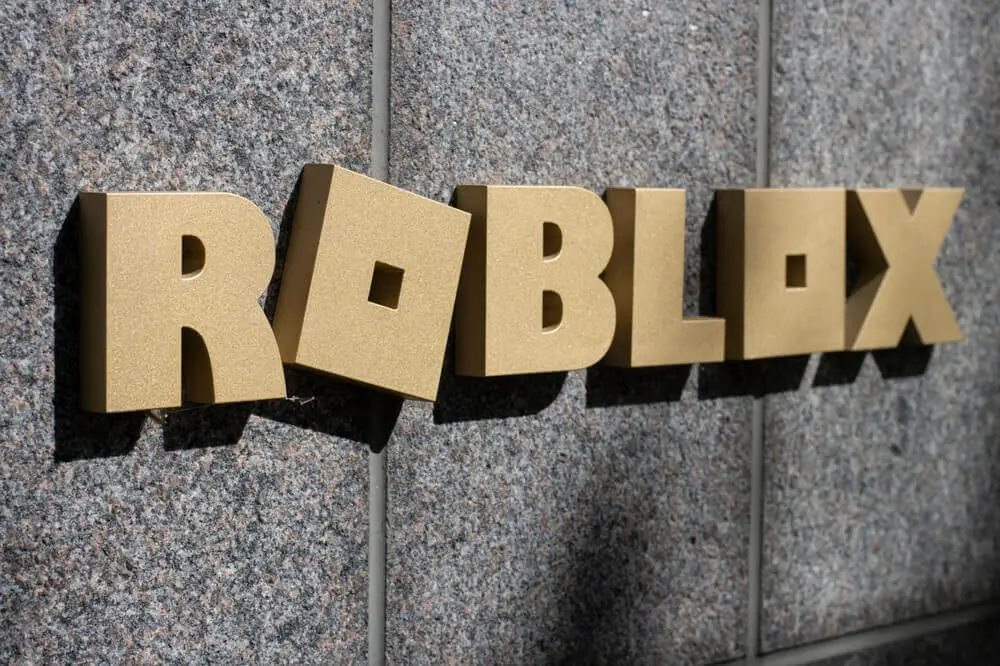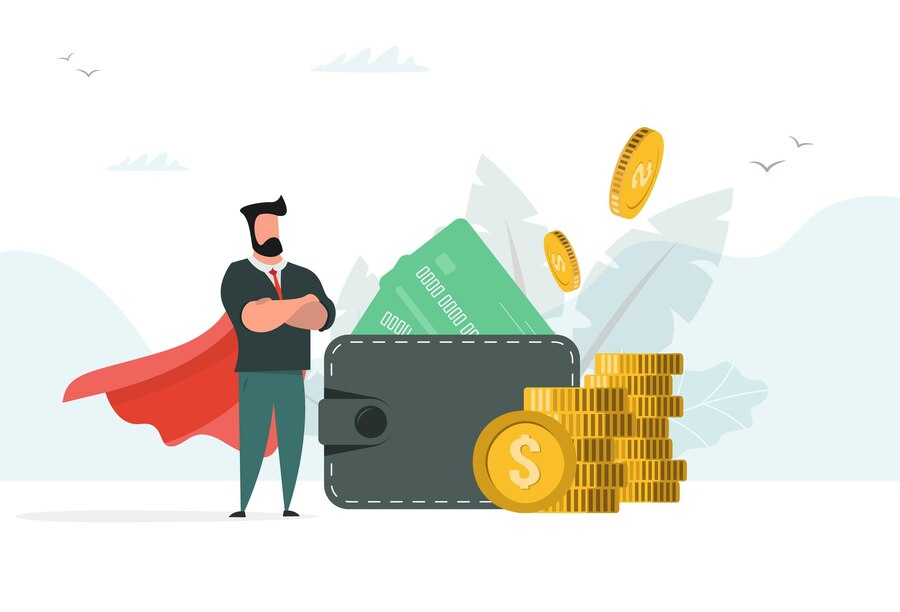If you’re preparing to buy a home, you’re embarking on an exciting journey. The road ahead of you is filled with possibilities. Whether you choose a pre-built house or a custom home, you’ll enjoy numerous benefits as a homeowner rather than a renter. You’ll have freedom to make any changes you want to your space without having to answer to anyone, and you’ll build wealth along the way. At the same time, buying a home may make you eligible for certain tax benefits, and you won’t have to worry about a landlord suddenly deciding to pull your house out from under you.
Still, to be able to buy a home, you’ll need to qualify for a mortgage loan. Lenders look at an array of factors when determining who’s eligible for a loan and who isn’t. Some lenders offer a wealth of residential loan assistance options to help potential borrowers navigate the mortgage process. As you’re perusing lenders, though, consider some of the way you can improve your chances of qualifying for a mortgage this year.
Build Up Your Credit Score
One of the most effective ways to improve your chances of qualifying for a home loan in 2025 is to build up your credit score. That’s one of the first things lenders will look at to determine whether you’re eligible for a mortgage loan and how much money they’re willing to lend. The higher your score is, the more likely you are to be approved for a loan. Beyond that, higher credit scores generally qualify for lower interest rates and other benefits.
If your credit score is below 620, which is the minimum score lenders generally want for conventional loans, consider taking measures to improve it before applying for a mortgage. That could entail paying down credit card balances, paying off existing debts, avoiding opening any new credit accounts, and being sure to pay all your bills on time. Even a seemingly small improvement in your credit score can make a big difference in not only your loan eligibility but how much you’ll pay in interest.
Save Up for a Down Payment
Another way to improve your likelihood of being approved for a home loan is to save up for a down payment. Some mortgage loans don’t require down payments. Others come with down payments as low as 3 to 5 percent of the value of the home in question. Some lenders prefer as much as a 20 percent down payment. If you don’t have enough money for a down payment, you’ll be less likely to be approved for a mortgage. Besides that, the more you pay upfront, the less you’ll have to pay over time on both the remaining balance of the loan and interest.
Reduce Your Debt
As touched on earlier, it’s always a good idea to pay down existing debt before applying for a mortgage loan. Lenders look at your debt-to-income ratio before determining your eligibility. That’s the ratio of how much money you make versus how much you owe. The lower that number is, the better your chances of being approved for a loan. Experts advise against financing new large purchases just before applying for a home loan.
Have a Stable Employment History
Finally, having a stable employment history will greatly increase your chances of being approved for a mortgage loan. Lenders want to know that their borrowers have consistent sources of income so they’ll be able to cover their monthly mortgage payments. They also want to see that borrowers don’t have histories of gaps in employment. If you’ve only recently started a job or your employment history is a bit inconsistent, consider waiting a while and building it up before applying for a home loan.
Setting Yourself Up for Success
Several factors can hamper your chances of being approved for a home loan. A low credit score, high debt-to-income ratio, and unstable employment history are a few of the main culprits. Not having money for a down payment comes into play here as well. Taking the measures mentioned here before applying for a mortgage loan can greatly improve your chances of getting the mortgage loan you need to enjoy the benefits of homeownership.

